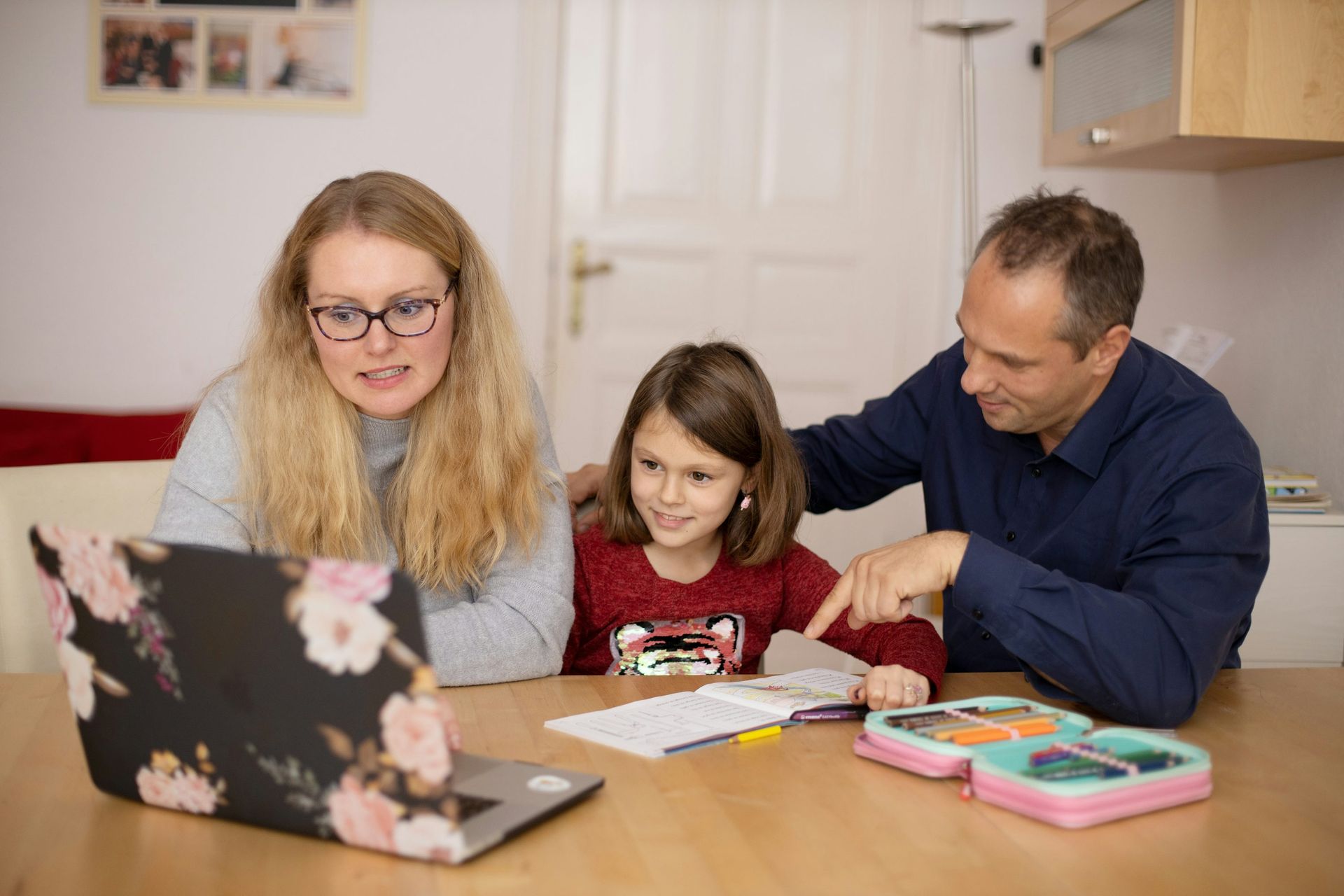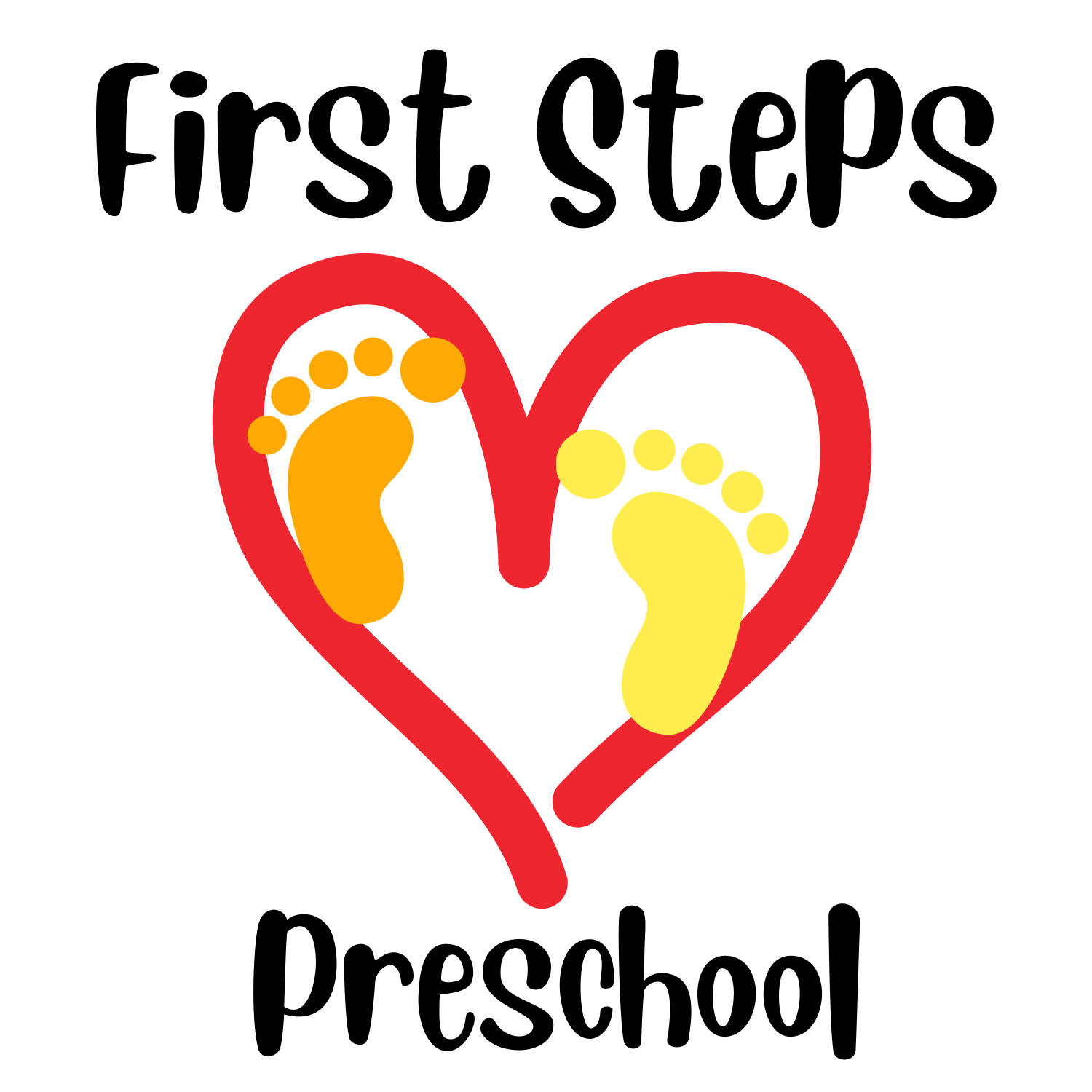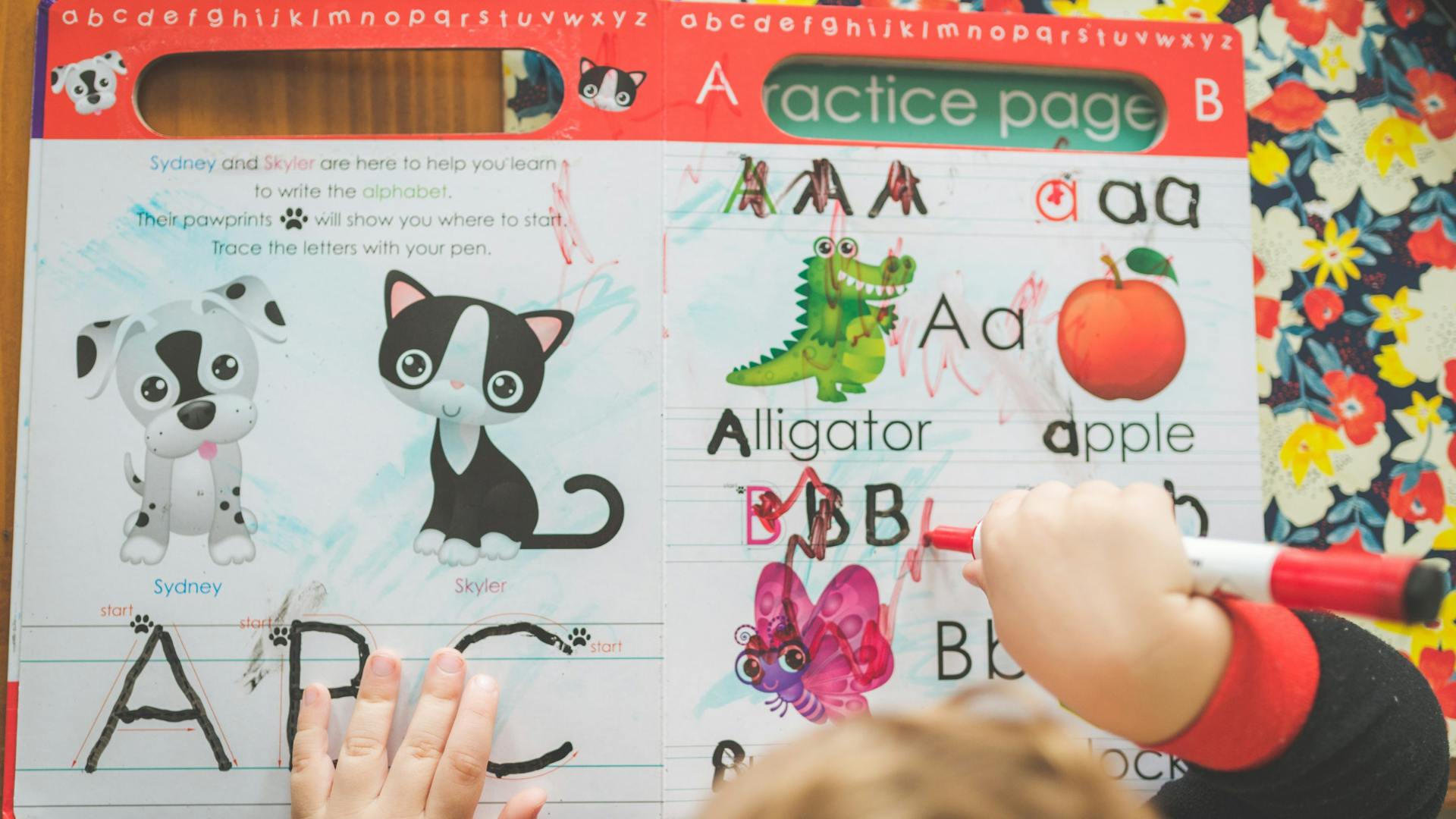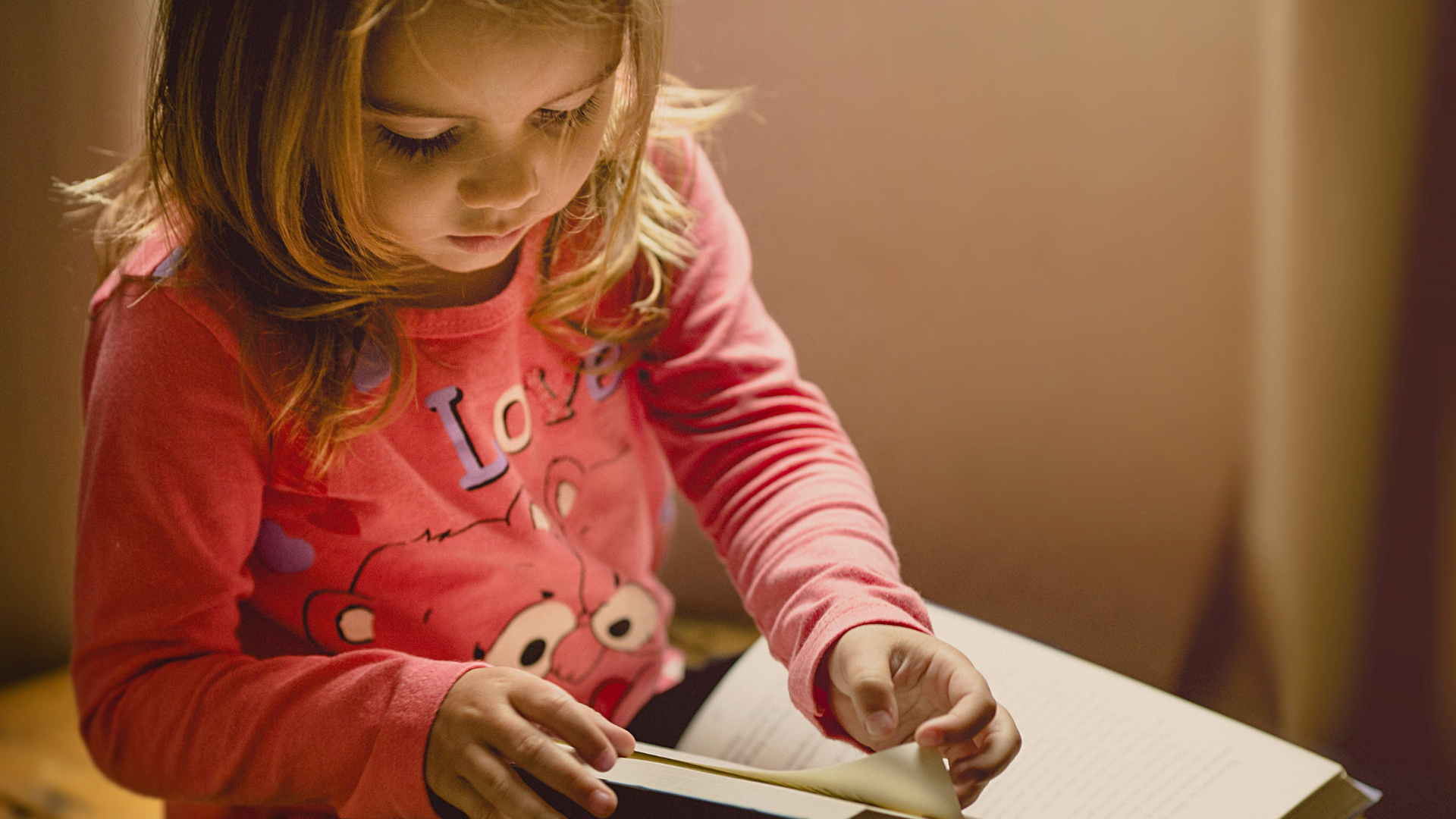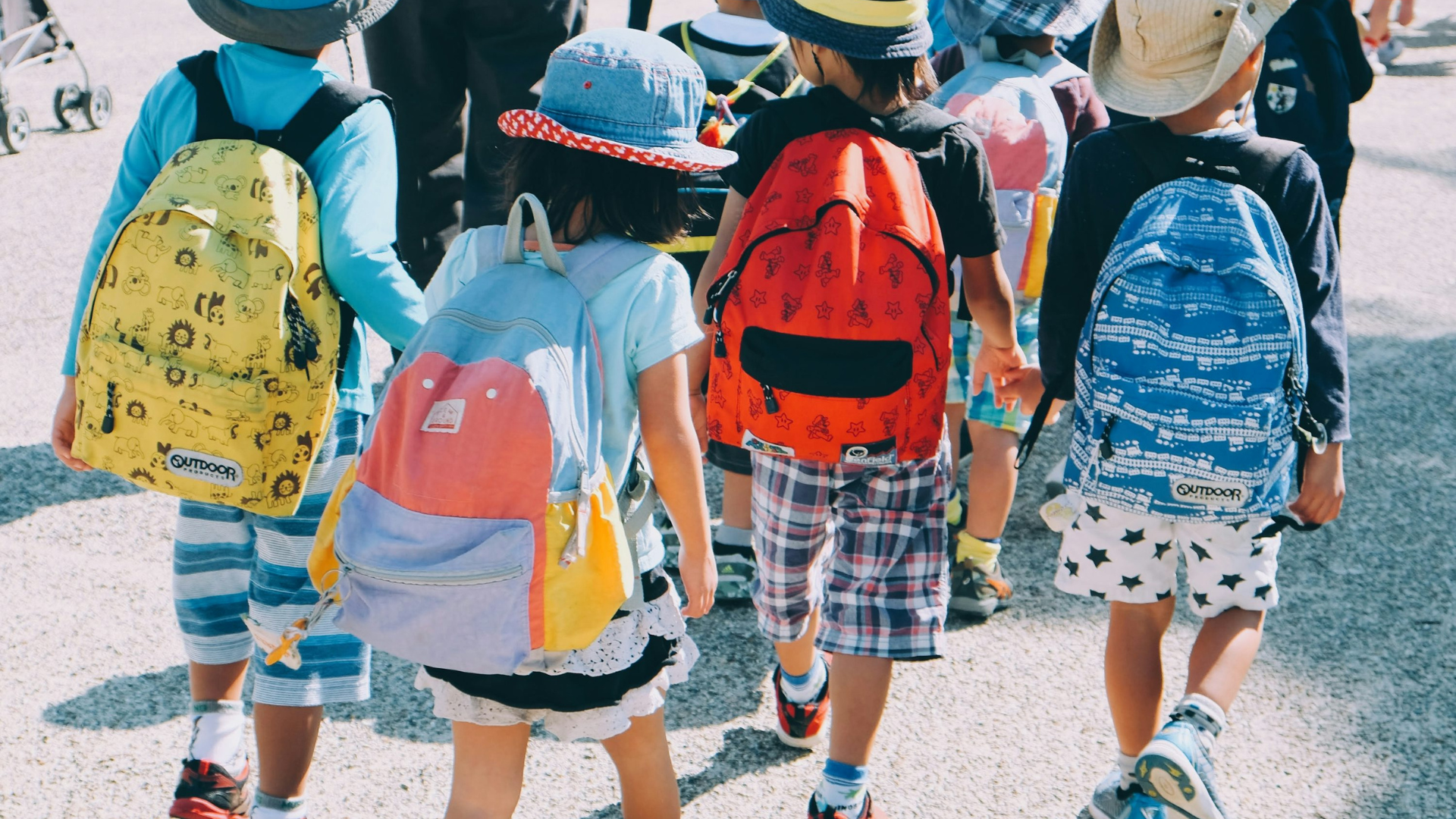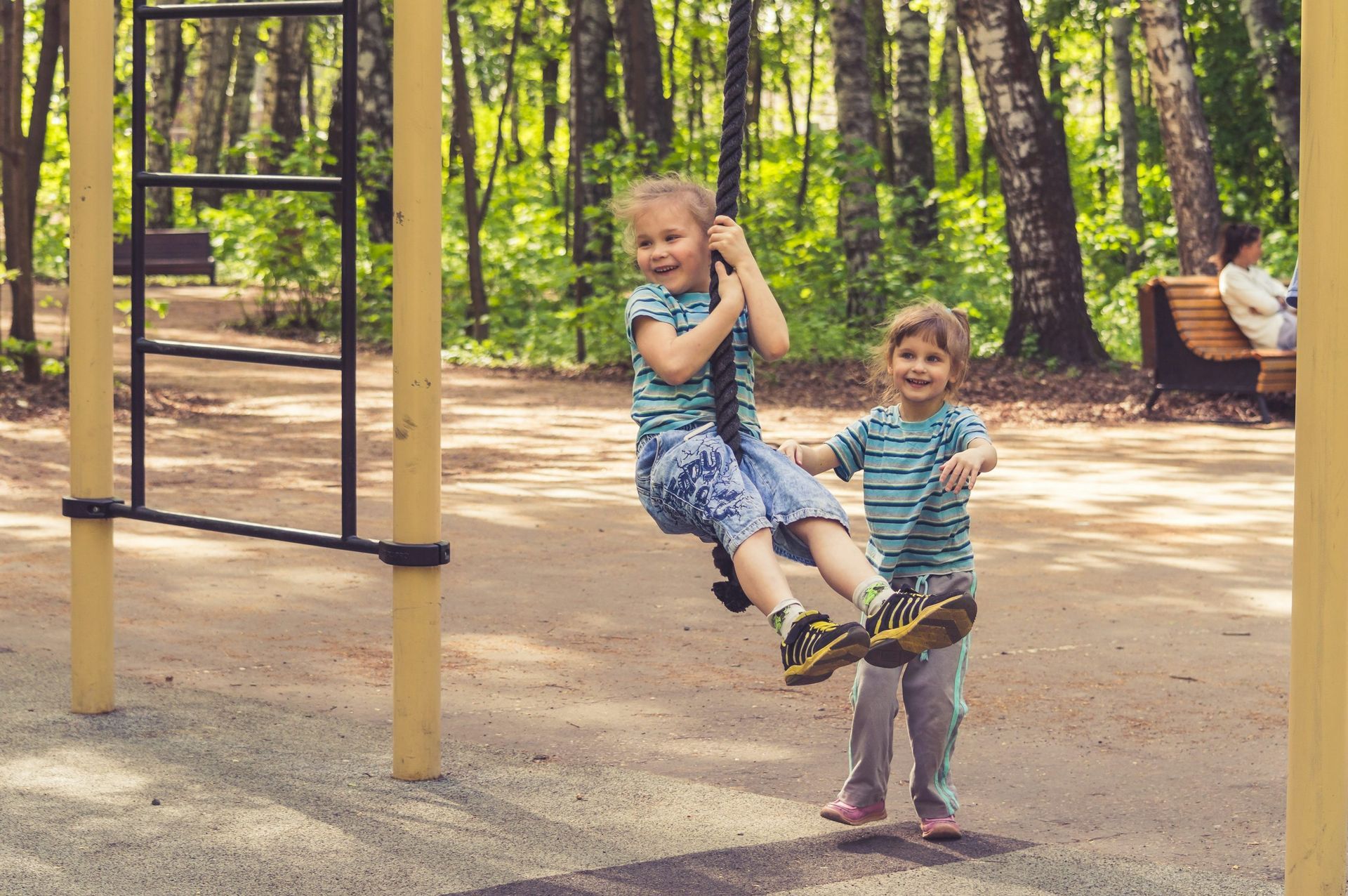The Social and Emotional Benefits of Daycare for Young Children
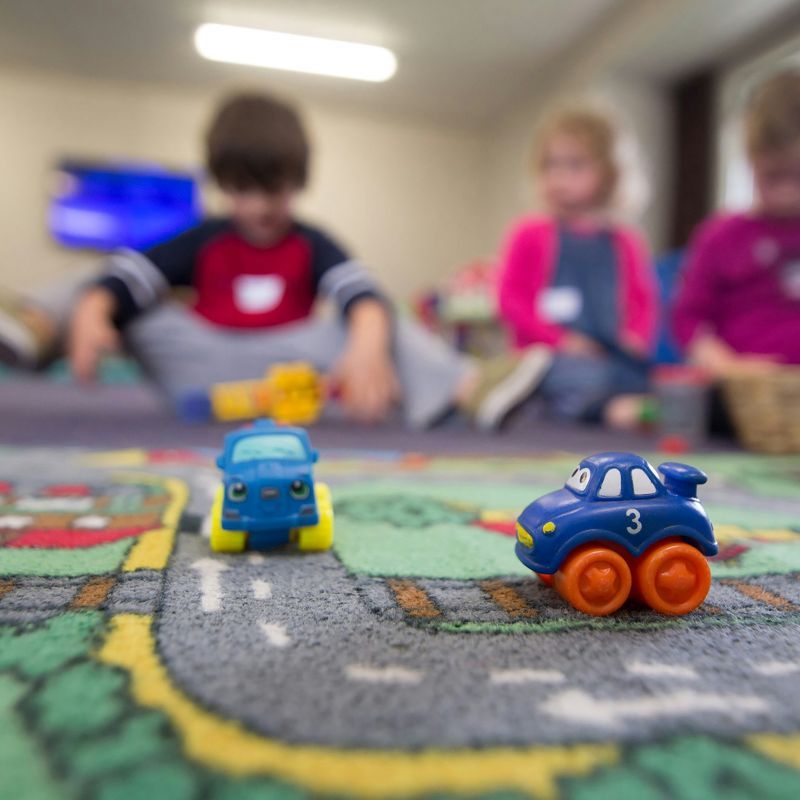
The early years of a child’s life are crucial for social and emotional development. Daycare provides a structured environment where young children can learn and practice these vital skills. At First Steps Daycare in Trinity, FL, we prioritize fostering positive social interactions and emotional resilience in all our young learners. By offering a variety of learning experiences and activities, daycare can help children develop the skills they need to thrive in social settings, both inside and outside the classroom.
The foundation for a child’s future success is often built during their early years, which is why social and emotional development is so critical. Daycare provides children with the opportunity to interact with peers and engage in group activities, helping them learn the art of communication, cooperation, and empathy. These interactions are essential for developing a strong sense of self-awareness and emotional regulation. At First Steps Daycare in Trinity, FL, we create a safe and welcoming space where children can freely express themselves and learn how to navigate relationships with others in a supportive setting.
In addition to peer interactions, daycare environments also offer structured routines that teach children about responsibility, respect, and personal boundaries. These routines help children build trust and security, which are key components of emotional well-being. Children who feel safe and supported are more likely to develop the confidence they need to explore new experiences and overcome challenges. Through activities that encourage teamwork, problem-solving, and self-expression, First Steps Daycare ensures that each child’s emotional and social development is nurtured, laying the groundwork for future success in both school and life.
Understanding the Curriculum and Teaching Philosophy at First Steps Preschool
At First Steps Preschool, our curriculum is designed to support the developmental needs of young children through a balanced approach that fosters cognitive, social, emotional, and physical growth. As detailed in the blogWhat is the curriculum and teaching philosophy of the preschool?, we focus on creating a learning environment where children are encouraged to explore, learn, and engage with a variety of age-appropriate activities. Our teaching philosophy is rooted in the belief that children learn best through play, hands-on experiences, and meaningful interactions. By fostering curiosity and independence, we prepare children for future success both academically and socially.
In addition to our play-based curriculum, we also emphasize the importance of social-emotional learning at First Steps Preschool. As highlighted in our blog,What is the curriculum and teaching philosophy of the preschool?, we integrate activities that help children develop essential life skills such as communication, problem-solving, and empathy. These skills are critical in fostering positive relationships and ensuring children feel confident and supported in their social interactions. Our experienced teachers create an environment where children feel safe to express themselves, navigate emotions, and collaborate with their peers, setting a strong foundation for their emotional and social well-being.
Social Development in Daycare
One of the most significant benefits of daycare is the opportunity for children to interact with their peers. These social interactions teach valuable lessons about sharing, cooperation, empathy, and conflict resolution. Children who attend First Steps Daycare in Trinity, FL have the opportunity to engage with other children of their age group, helping them to build strong social bonds and develop their communication skills.
Through group activities and play, children learn how to take turns, respect personal boundaries, and share resources. These early interactions help prepare children for school settings, where cooperation and teamwork are key components of learning.
In addition to learning basic social skills, daycare also provides children with opportunities to interact with caregivers and teachers, further enhancing their social development. At First Steps Daycare, children are encouraged to engage in group discussions, ask questions, and participate in collaborative tasks with both their peers and adults. These experiences not only help children gain confidence in expressing themselves but also foster an understanding of social roles and respect for authority figures. By interacting with a variety of people, children develop a broader sense of social awareness, which is crucial for adapting to diverse environments in future educational settings.
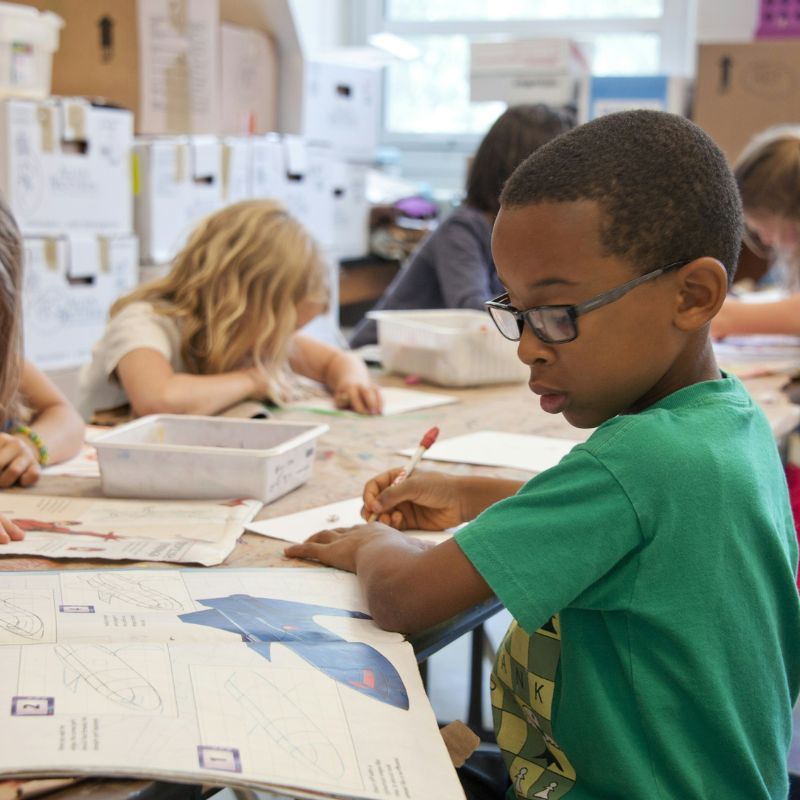
Emotional Development in Daycare
Daycare also plays a vital role in helping children develop emotional regulation and resilience. Young children often experience a range of emotions, from excitement and happiness to frustration and sadness. Learning how to identify and manage these emotions is an important skill, and daycare provides a supportive environment where children can explore their feelings.
At First Steps Daycare, our dedicated caregivers are trained to help children express themselves in healthy ways. Teachers create an environment where children feel comfortable discussing their emotions, encouraging self-awareness and emotional growth. This kind of emotional support helps children feel secure and confident in themselves and their ability to navigate the world around them.
In addition to emotional expression, daycare helps children develop coping mechanisms to handle difficult situations and challenges. For example, when conflicts arise, caregivers guide children in problem-solving and teach them strategies for calming down, such as deep breathing or taking a break. These techniques not only help children manage their emotions in the moment but also equip them with tools they can use as they encounter similar situations later in life. At First Steps Daycare, we emphasize the importance of patience, understanding, and resilience, ensuring that children have a solid foundation for handling both their emotions and the emotions of others. This support fosters emotional independence, helping children develop the confidence to face challenges with a positive mindset.
How Daycare Prepares Children for School
As discussed in the blogWhat are the benefits of sending a child to preschool?, daycare is a natural precursor to formal schooling. The social and emotional skills that children develop in daycare form a solid foundation for their academic success. Children who attend daycare are often more comfortable in classroom settings, as they are used to interacting with their peers and understanding the expectations of group behavior.
Daycare also introduces children to structured routines, providing them with the tools needed to navigate the classroom environment. By familiarizing children with these routines early on, daycare helps ease the transition to preschool and kindergarten.
Extracurricular Activities and Social Development
Many daycare programs, including those at First Steps Daycare in Trinity, FL, offer extracurricular activities to further encourage social and emotional development. As mentioned inWhat extracurricular activities or programs are offered by preschools?, activities such as music, dance, and arts and crafts not only promote creativity but also allow children to interact with their peers in new and meaningful ways. These activities provide children with opportunities to develop their problem-solving and teamwork skills, which are essential for both academic and personal growth.
Benefits of Before and After School Care
For working parents, the availability of before and after-school care is an essential service. As detailed in the blogBefore and After School Care Trinity FL, this type of care ensures that children have a safe and supportive environment outside of regular school hours. This additional time allows children to continue developing social and emotional skills while participating in enriching activities. It also provides a sense of continuity for children, helping them feel secure and supported throughout the day.
Before and after-school care programs also offer children a structured environment to complete homework, engage in creative activities, and participate in physical exercise. At First Steps Daycare, the before and after-school care program is designed to offer age-appropriate activities that foster creativity and critical thinking. Whether it’s art projects, team sports, or structured games, children are encouraged to explore new interests and hobbies. This not only contributes to their cognitive development but also gives them a chance to unwind after the school day, ensuring they are emotionally refreshed for their next academic challenge.
Moreover, these programs provide a much-needed sense of stability for children. Knowing that they will have a safe and consistent routine after school helps reduce anxiety and stress. The relationships built during these hours with both peers and caregivers create a strong support system, promoting positive emotional well-being. As First Steps Daycare emphasizes, building connections in a comfortable and familiar setting ensures that children develop resilience and adapt better to changes as they grow older. This consistency also offers peace of mind for parents, knowing their child is in a nurturing environment before and after school.
Conclusion
At First Steps Daycare in Trinity, FL, we recognize the importance of social and emotional development in early childhood. By providing a nurturing environment that encourages positive interactions, emotional growth, and academic readiness, we ensure that children are well-prepared for the next phase of their educational journey. To learn more about our daycare services and how we support your child’s development, visit our website or contact us today.
In addition to fostering social and emotional growth, First Steps Daycare in Trinity, FL, is committed to offering a holistic approach to early childhood education. Our programs are designed to support not only academic success but also the development of key life skills such as problem-solving, resilience, and self-regulation. By engaging children in a variety of activities that promote curiosity and creativity, we help them build a strong foundation for future learning. We understand that each child is unique, and our tailored approach ensures that every child receives the individual attention and care they need to thrive.
